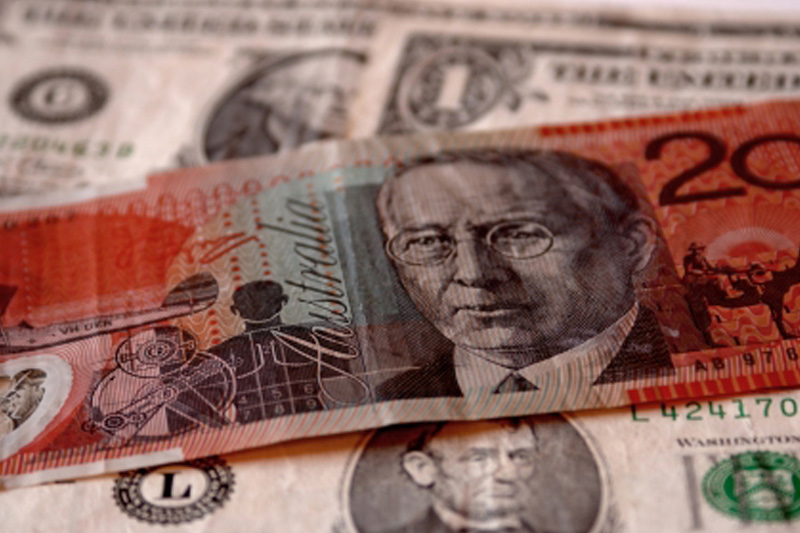Investing.com – The U.S. dollar fell back from the previous session’s two-week high in early European trade Tuesday ahead of the start of the Federal Reserve’s two-day policy meeting, while the Australian dollar soared after the RBA surprised with a rate hike.
At 02:50 ET (06:50 GMT), the , which tracks the greenback against a basket of six other currencies, traded 0.1% lower at 101.820, having climbed on Monday to a peak of 102.19, the highest since April 19.
That dollar strength was based on the Institute for Supply Management saying on Monday that its rose to 47.1 last month, bouncing from 46.3 in March, which was the lowest reading since May 2020.
Additionally, U.S. increased more than expected in March, offering some signs of economic stabilization ahead of Fed policymakers starting to deliberate monetary policy in the latest two-day meeting.
The is widely expected to increase interest rates once more on Wednesday, and investors want to know whether it will signal a pause in rate increases after May, or if it keeps alive the possibility of an additional hike in June.
The , the first of a string of central banks meeting this week, surprised earlier Tuesday by raising its benchmark interest rate 25 basis points, warning that and even more tightening may be needed.
soared 1.2% to 0.6709 as a result, and traders will have to judge whether this move sets a precedent for the other central banks in the global fight against inflation.
rose 0.1% to 1.0991, holding just below a one-year high of 1.1096 reached last week.
slumped in March, falling a hefty 2.4% on the month and 8.6% , but this sign of economic slowdown in the euro zone’s largest economy is unlikely to persuade the to stop its monetary tightening cycle.
Preliminary data for April, due later in the session, is expected to show that inflation remains elevated in the euro bloc, prompting the ECB to hike again on Thursday. This should provide the single currency with underlying support.
traded largely flat at 1.2497, with stronger than expected , released by Nationwide earlier Tuesday, likely to provide the with more tightening ammunition when it meets next week.
rose 0.1% to 137.61, with the yen trading near a two-month low, after the held interest rates at record lows last week, and signaled that it had no intention of altering its ultra-loose policy in the coming months.
Read the full article here


